
Nearly everyone on the battlefield is just fighting “to not get licked.” That’s more a testament to the poverty of our social relations than to the poverty of individual souls, and it’s just as pertinent to the impoverishment of our social imagination as it is to the amorality of war.
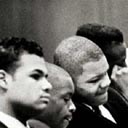
The Central Park Five is a powerful reminder of what can happen when innocents are caught up in racial divisions and tensions they didn’t create and railroaded for a crime they didn’t commit, and when all of the city’s institutions collaborate in the horrific act.

Conservatives and neoliberals envision a government that provides a comparable range of benefits to the one advocated by earlier American liberals. But rather than designing and delivering services directly, the neoliberal government provides coupons for citizens.

In 1937 autoworkers boldly grasped the means of production, gained recognition from General Motors, and proceeded to build the kind of institutional power that transformed history. It’s an incredibly seductive story. Perhaps too seductive.
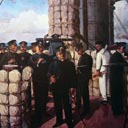
Perhaps the ultimate irony is that in its critique of modernity and global capitalism, the Chinese New Left’s greatest tool has been neither market socialism nor anything native to China, but deconstructionism.
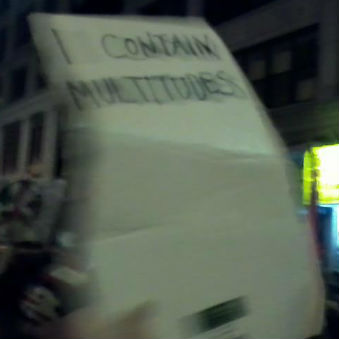
By working outside structures of power one may circumvent coercive systems but not necessarily subvert them. Localizing politics—stripping it of its larger institutional ambitions—has its advantages, but without a larger structural vision, it does not go far enough.
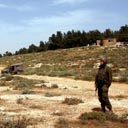
Given the level of alarmed debate and self-criticism in at least some major sectors of the Israeli press, the tsunami of vitriol that has descended on Peter Beinart and his book is fascinating, puzzling, and profoundly depressing.
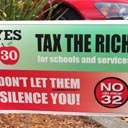
The rescue of public education must come from the grassroots, from a coalition led by parents and teachers. Such a movement has been taking shape gradually and gained visibility during the 2012 election cycle.

Kenneth Lonergan may be a relative novice as a film director, but he knows that high art, at its best, subverts the ground of our psychological or political being. Margaret is a film that makes no attempt to soothe its audience.

The United States is confronted with numerous threats to its economic well-being and security. The national debt is not one of them. The real challenges of our time are massive joblessness and the decrepit state of American infrastructure.

The cycle of debt illustrates that we cannot fix the problem through austerity. This tactic only deepens the devastation, since low wages further erode the tax base for cities, leaving them vulnerable to predatory lenders.
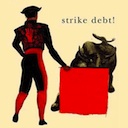
Strike Debt holds that debtors can unite and fight for a fair economy, liberating us from medical, housing, education, and credit card debt. But why organize around debt, rather than class, occupation, or grievance? A debate on the Rolling Jubilee.

Election responses from Tim Barker and Sarah Leonard, David Bromwich, Mark Engler, Max Fraser, Ryan Rafaty, Rafia Zakaria, Kevin Mattson, Gary Gerstle, and Benjamin Ross.
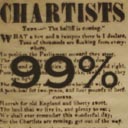
Now, the next phase of a 99 percent movement needs to get—and keep—busy. Why do I say “next phase”? Because the Occupy movement that came about in 2011 has accomplished just about as much of its mission as possible.

Lawrence Summers’s celebration of the global reach of English can only be read as an unabashed apology for American empire. By even the most strategically hard-headed criteria, however, cadres drawn from a monolingual American elite are a poor choice as ambassadors of U.S. interests.




















